 Dr. K. L. Akerlof is an Associate Professor in George Mason University’s Department of Environmental Science and Policy. Her research examines the intersection of governance, science, and risk communication, with a focus on science communication with policymakers, public participation in decision-making, and integrating social science into government programs. She leads a science communication concentration within the department’s master’s program and teaches courses on evidence-informed policymaking. A former American Geophysical Union (AGU) congressional fellow, she now co-chairs AGU’s Science & Society science policy track. Dr. Akerlof earned her M.S. and Ph.D. in Environmental Science and Policy from George Mason University.
Dr. K. L. Akerlof is an Associate Professor in George Mason University’s Department of Environmental Science and Policy. Her research examines the intersection of governance, science, and risk communication, with a focus on science communication with policymakers, public participation in decision-making, and integrating social science into government programs. She leads a science communication concentration within the department’s master’s program and teaches courses on evidence-informed policymaking. A former American Geophysical Union (AGU) congressional fellow, she now co-chairs AGU’s Science & Society science policy track. Dr. Akerlof earned her M.S. and Ph.D. in Environmental Science and Policy from George Mason University.
 Dr. Todd Schenk is an Associate Professor and Chair of the Urban & Environmental Policy & Planning Program in Virginia Tech’s School of Public and International Affairs. He is the Founding Director of Virginia Tech’s Science, Technology & Engineering in Policy (STEP) program, which enhances the science-policy interface for STEM-H professionals. His research focuses on collaborative governance, serious games for action research, and civil discourse. Dr. Schenk earned a Ph.D. in Public Policy and Planning and a Master in City Planning from MIT, and a Bachelor’s in Geography from the University of Guelph. He has held roles with Harvard Law School’s Program on Negotiation, the Consensus Building Institute, and the Regional Environmental Center for Central and Eastern Europe.
Dr. Todd Schenk is an Associate Professor and Chair of the Urban & Environmental Policy & Planning Program in Virginia Tech’s School of Public and International Affairs. He is the Founding Director of Virginia Tech’s Science, Technology & Engineering in Policy (STEP) program, which enhances the science-policy interface for STEM-H professionals. His research focuses on collaborative governance, serious games for action research, and civil discourse. Dr. Schenk earned a Ph.D. in Public Policy and Planning and a Master in City Planning from MIT, and a Bachelor’s in Geography from the University of Guelph. He has held roles with Harvard Law School’s Program on Negotiation, the Consensus Building Institute, and the Regional Environmental Center for Central and Eastern Europe.
 Nathaniel (Nat) Draper, M.Ed. became the Executive Director of the Virginia Academy of Science, Engineering, and Medicine (VASEM) in July 2024. He holds a bachelor’s degree in Environmental Science from Randolph-Macon College and a master’s degree in Education from Virginia Commonwealth University. Prior to VASEM, Nat taught Advanced Placement Environmental Science and Earth Science for 16 years and co-authored an AP Environmental Science textbook. As Director of Education for the James River Association, he expanded educational programming and established centers in Lynchburg, Richmond, and Williamsburg. Nat brings a passion for environmental education and advocacy to his role at VASEM.
Nathaniel (Nat) Draper, M.Ed. became the Executive Director of the Virginia Academy of Science, Engineering, and Medicine (VASEM) in July 2024. He holds a bachelor’s degree in Environmental Science from Randolph-Macon College and a master’s degree in Education from Virginia Commonwealth University. Prior to VASEM, Nat taught Advanced Placement Environmental Science and Earth Science for 16 years and co-authored an AP Environmental Science textbook. As Director of Education for the James River Association, he expanded educational programming and established centers in Lynchburg, Richmond, and Williamsburg. Nat brings a passion for environmental education and advocacy to his role at VASEM.
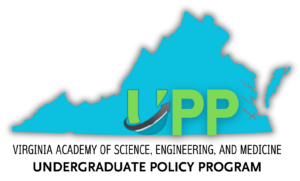 Objectives
Objectives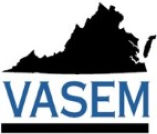
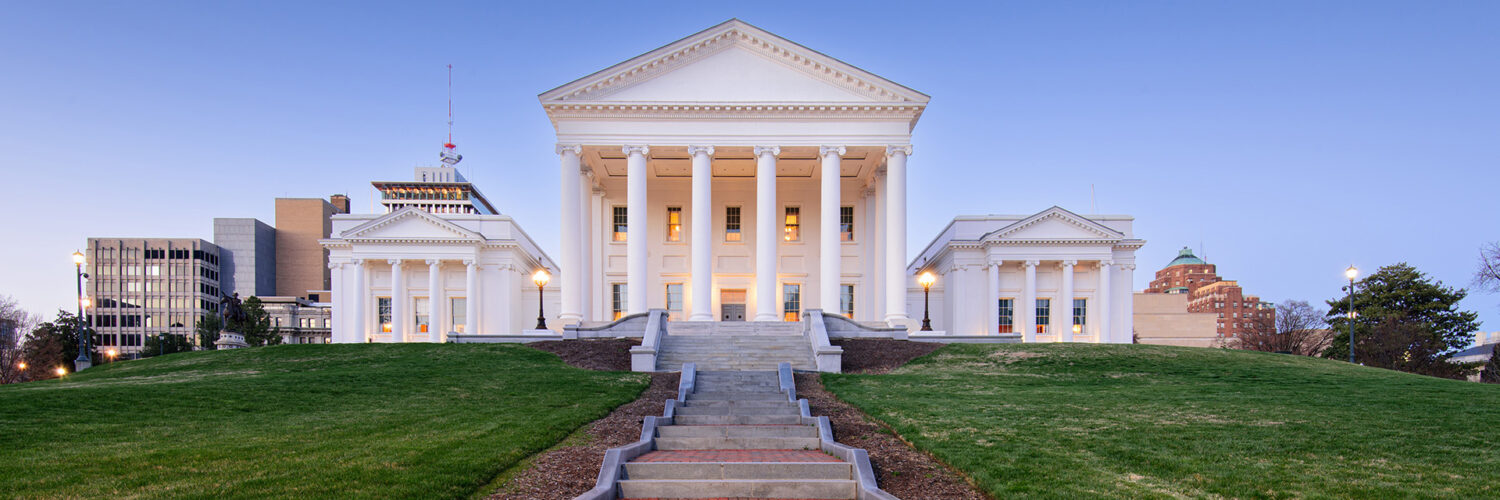

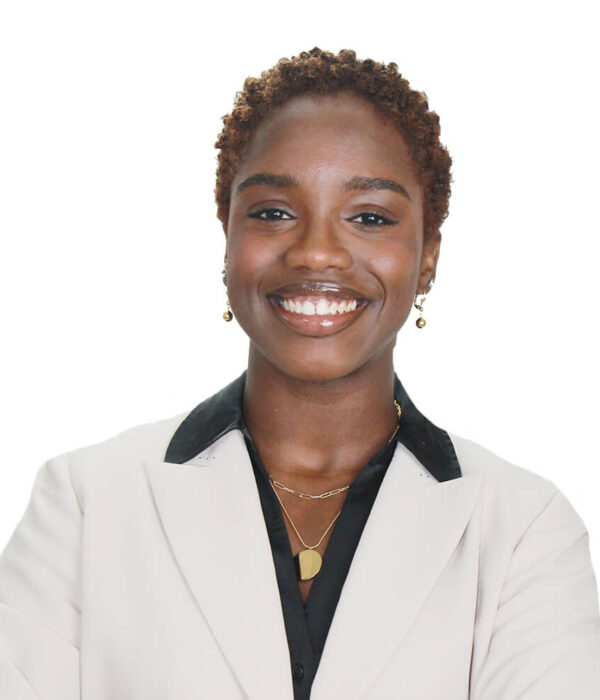
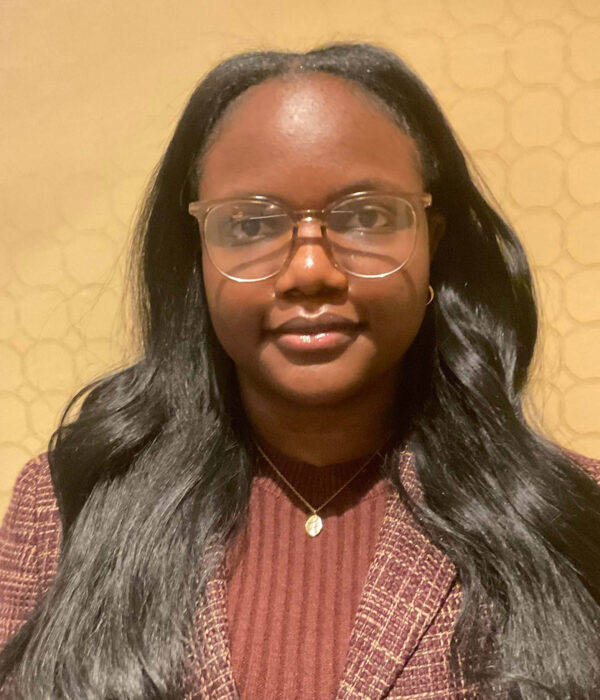
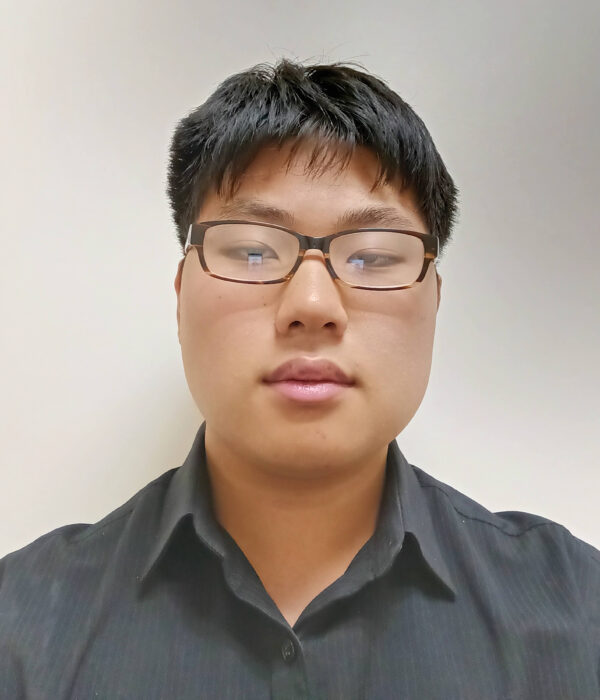
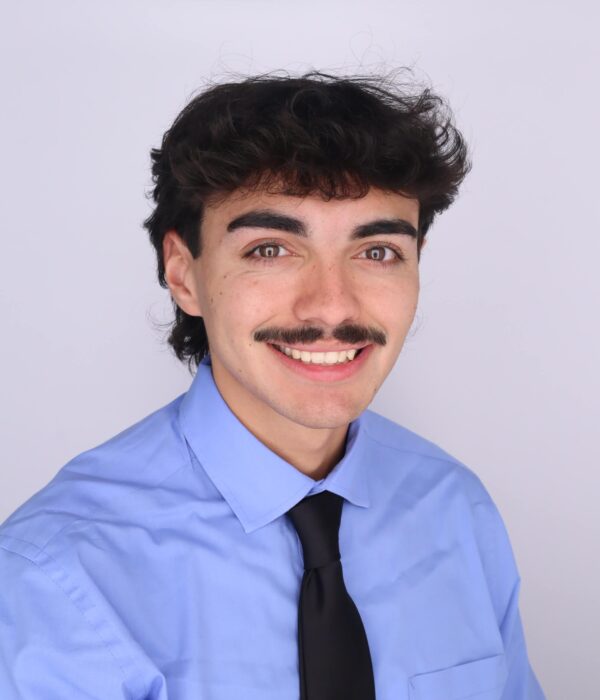
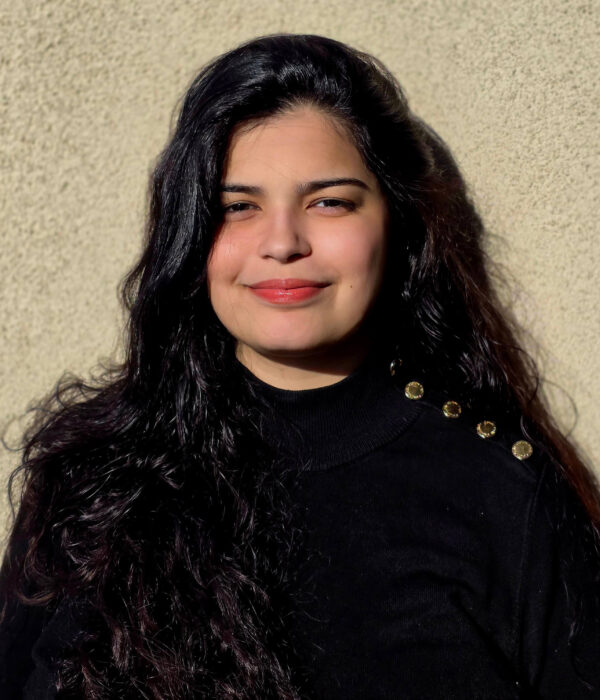
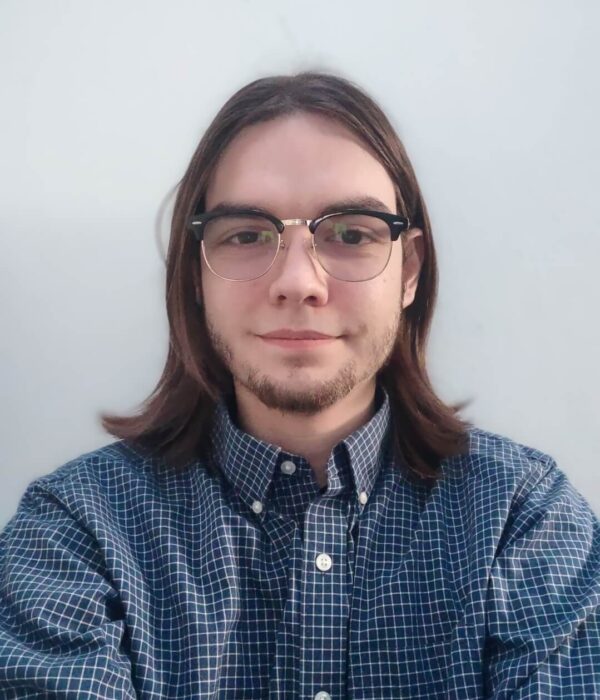
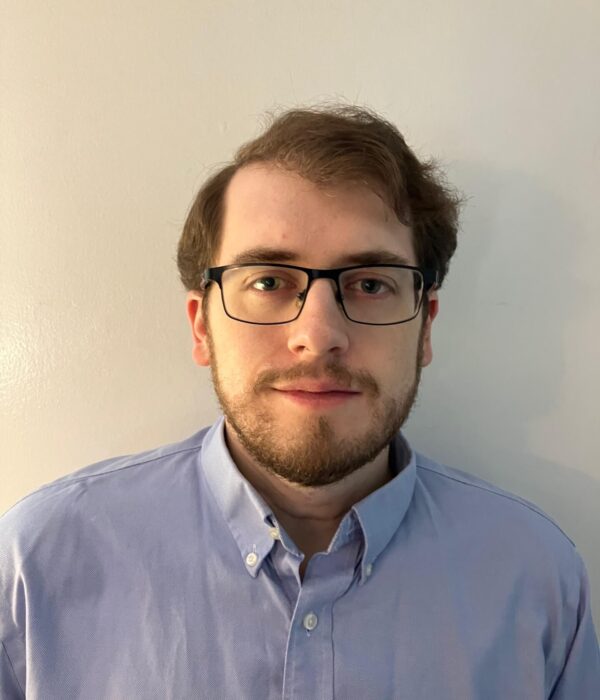
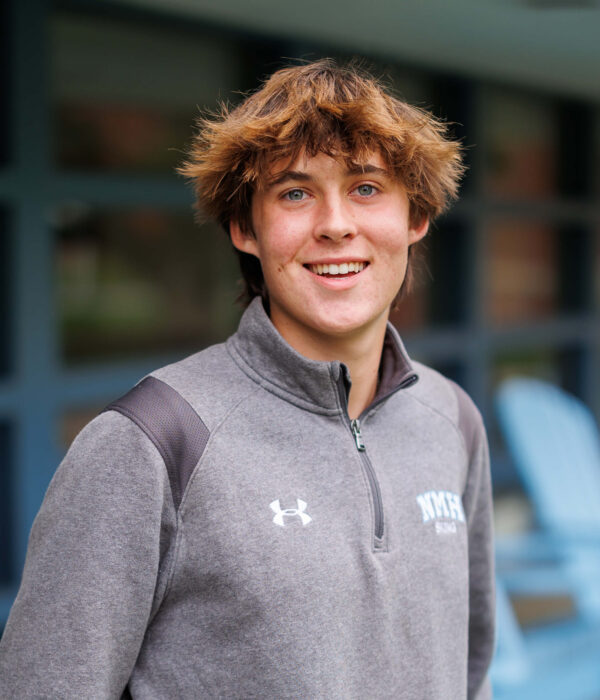
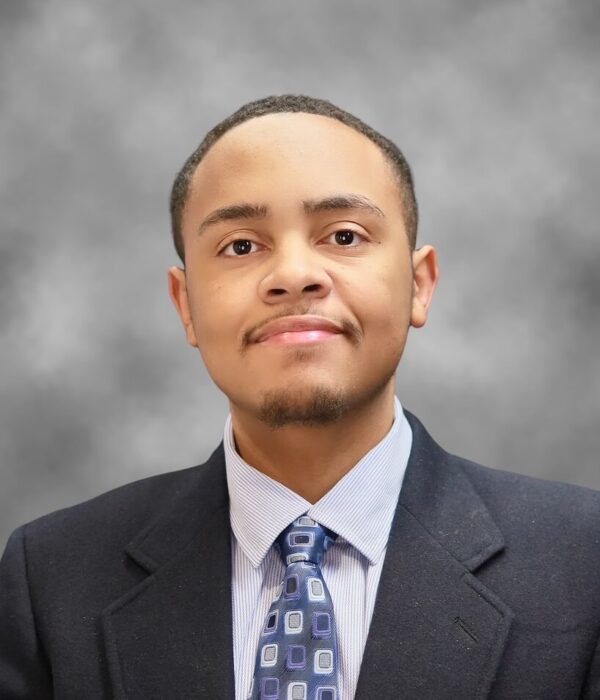
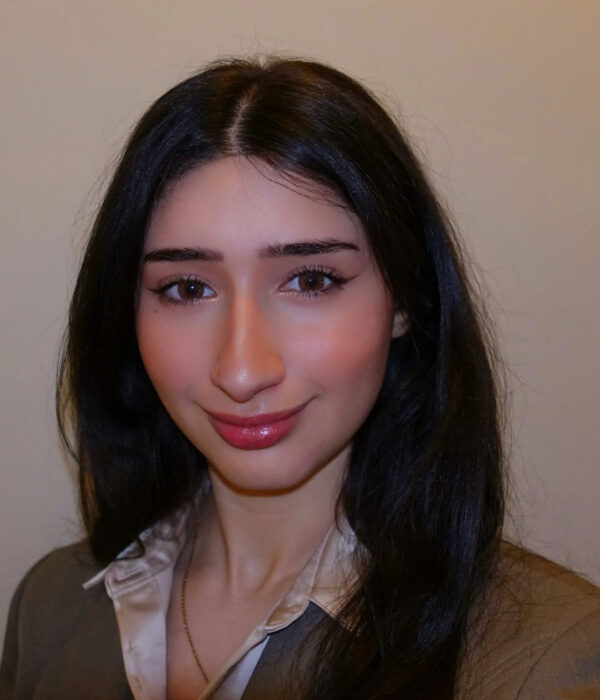
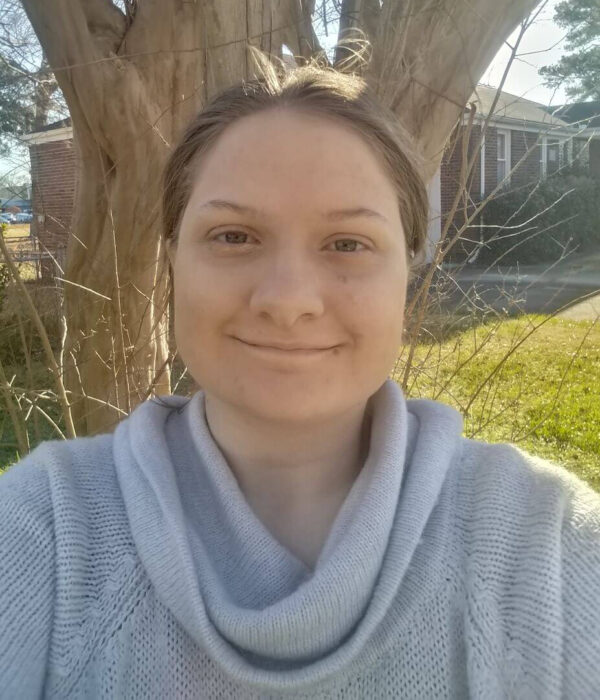
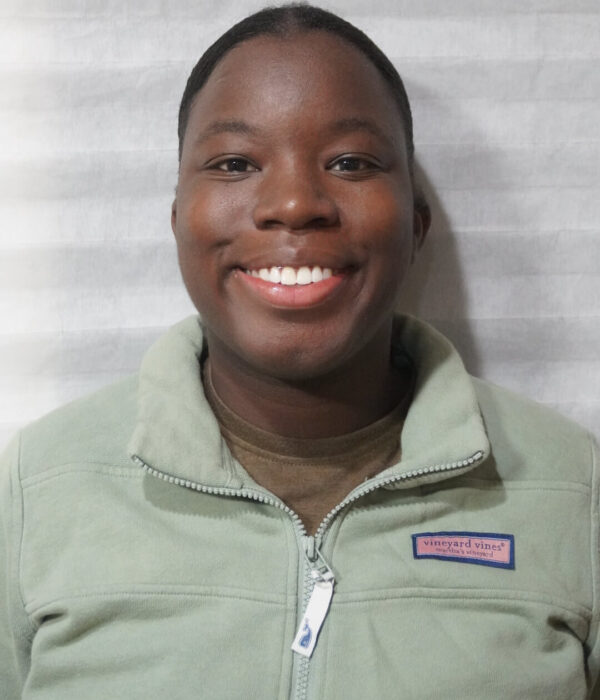
 Dr. K. L. Akerlof is an Associate Professor in George Mason University’s Department of Environmental Science and Policy. Her research examines the intersection of governance, science, and risk communication, with a focus on science communication with policymakers, public participation in decision-making, and integrating social science into government programs. She leads a science communication concentration within the department’s master’s program and teaches courses on evidence-informed policymaking. A former American Geophysical Union (AGU) congressional fellow, she now co-chairs AGU’s Science & Society science policy track. Dr. Akerlof earned her M.S. and Ph.D. in Environmental Science and Policy from George Mason University.
Dr. K. L. Akerlof is an Associate Professor in George Mason University’s Department of Environmental Science and Policy. Her research examines the intersection of governance, science, and risk communication, with a focus on science communication with policymakers, public participation in decision-making, and integrating social science into government programs. She leads a science communication concentration within the department’s master’s program and teaches courses on evidence-informed policymaking. A former American Geophysical Union (AGU) congressional fellow, she now co-chairs AGU’s Science & Society science policy track. Dr. Akerlof earned her M.S. and Ph.D. in Environmental Science and Policy from George Mason University. Dr. Todd Schenk is an Associate Professor and Chair of the Urban & Environmental Policy & Planning Program in Virginia Tech’s School of Public and International Affairs. He is the Founding Director of Virginia Tech’s Science, Technology & Engineering in Policy (STEP) program, which enhances the science-policy interface for STEM-H professionals. His research focuses on collaborative governance, serious games for action research, and civil discourse. Dr. Schenk earned a Ph.D. in Public Policy and Planning and a Master in City Planning from MIT, and a Bachelor’s in Geography from the University of Guelph. He has held roles with Harvard Law School’s Program on Negotiation, the Consensus Building Institute, and the Regional Environmental Center for Central and Eastern Europe.
Dr. Todd Schenk is an Associate Professor and Chair of the Urban & Environmental Policy & Planning Program in Virginia Tech’s School of Public and International Affairs. He is the Founding Director of Virginia Tech’s Science, Technology & Engineering in Policy (STEP) program, which enhances the science-policy interface for STEM-H professionals. His research focuses on collaborative governance, serious games for action research, and civil discourse. Dr. Schenk earned a Ph.D. in Public Policy and Planning and a Master in City Planning from MIT, and a Bachelor’s in Geography from the University of Guelph. He has held roles with Harvard Law School’s Program on Negotiation, the Consensus Building Institute, and the Regional Environmental Center for Central and Eastern Europe. Nathaniel (Nat) Draper, M.Ed. became the Executive Director of the Virginia Academy of Science, Engineering, and Medicine (VASEM) in July 2024. He holds a bachelor’s degree in Environmental Science from Randolph-Macon College and a master’s degree in Education from Virginia Commonwealth University. Prior to VASEM, Nat taught Advanced Placement Environmental Science and Earth Science for 16 years and co-authored an AP Environmental Science textbook. As Director of Education for the James River Association, he expanded educational programming and established centers in Lynchburg, Richmond, and Williamsburg. Nat brings a passion for environmental education and advocacy to his role at VASEM.
Nathaniel (Nat) Draper, M.Ed. became the Executive Director of the Virginia Academy of Science, Engineering, and Medicine (VASEM) in July 2024. He holds a bachelor’s degree in Environmental Science from Randolph-Macon College and a master’s degree in Education from Virginia Commonwealth University. Prior to VASEM, Nat taught Advanced Placement Environmental Science and Earth Science for 16 years and co-authored an AP Environmental Science textbook. As Director of Education for the James River Association, he expanded educational programming and established centers in Lynchburg, Richmond, and Williamsburg. Nat brings a passion for environmental education and advocacy to his role at VASEM.